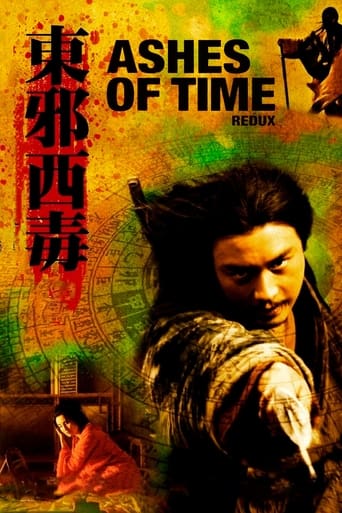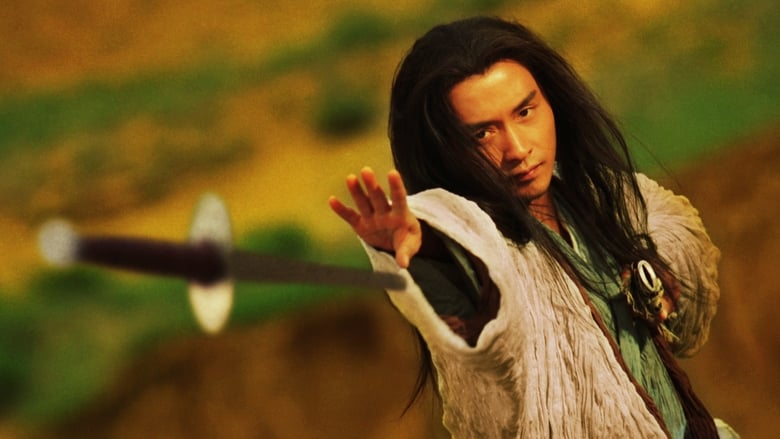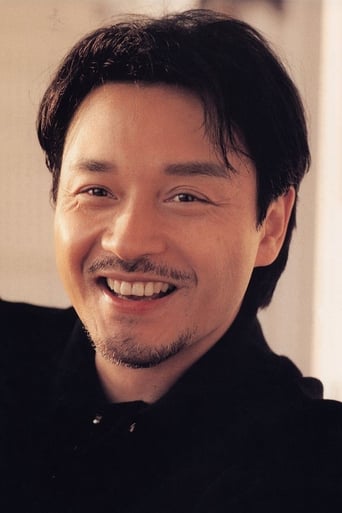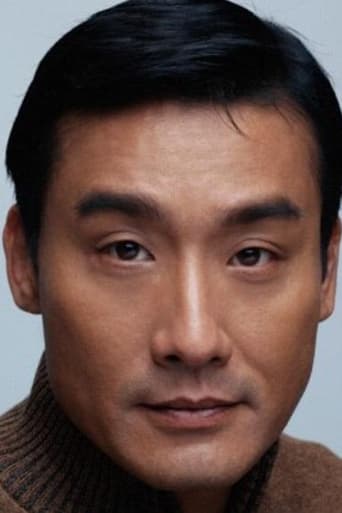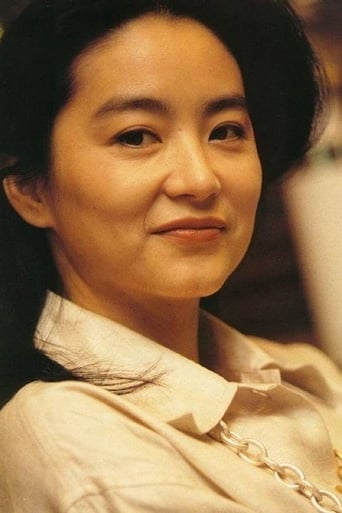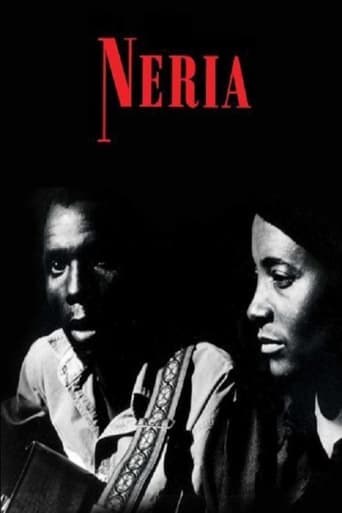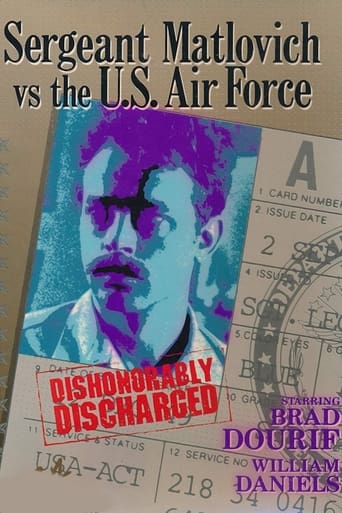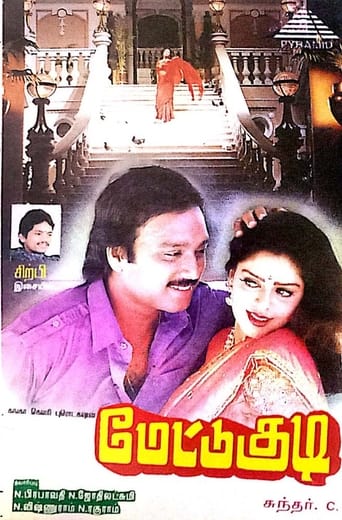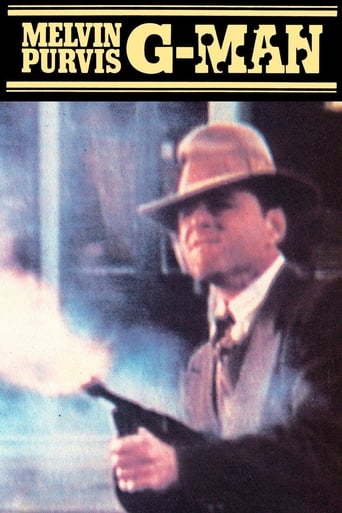Ashes of Time (1995)
Ouyang Feng is a heartbroken and cynical man who spends his days in the desert, connecting expert swordsmen with those seeking revenge and willing to pay for it. Throughout five seasons in exile, Ouyang spins tales of his clients' unrequited loves and unusual acts of bravery.
Watch Trailer
Cast


Similar titles
Reviews
It’s not bad or unwatchable but despite the amplitude of the spectacle, the end result is underwhelming.
Blistering performances.
Like the great film, it's made with a great deal of visible affection both in front of and behind the camera.
One of the worst ways to make a cult movie is to set out to make a cult movie.
''Ashes of Time'' is a unique art film which is loosely bound upon Jin Yong's wuxia novel ''The Legend of the Condor Heroes''. Despite two blurry action choreographies, this movie can't be considered as a martial arts movie at all. Due to its philosophical content, its numerous metaphors and examples of symbolism and its calm episodic script, this movie could best be categorized as an art-house drama. The movie is separated into five fragments according to the four seasons with the spring season representing both introduction and coda of this piece of art. The director doesn't offer any conclusion to its vague story and challenges the audience to make sense of this film on its own. The only guiding lines of the movie are the changes of season, the transformation of colourful landscapes and the topic of unrequited love and how to deal with this depressing fate. Each character has faced, currently faces or will face a desperate love relationship and everyone of them tries to find a different solution: one of them simply tries to forget the past, another one seeks refuge in isolation and another one wants to assassinate the one who causes all the emotional and mental suffering. In the end, none of the characters can find a satisfying answer on their quest for redemption. Despite the depressing tone, the beginning of the movie can be interpreted as the origin of a quest for redemption while the coda might be seen as an optimistic attempt at renaissance.This film can be interpreted in at least two ways. One possibility is that the main location in form of a bare cabin in the desert is a meeting point for solitary souls who feel outcast from society and who are absorbed by their mental problems. The main character listens to their different stories and often manages to find solutions for them but he is still unable to solve his own problems. Another possibility is that this movie is only about the main character and that the side characters only exist on his confused mind and represent different sides of his shattered soul looking for salvation.Despite its colourful journey, inspiring philosophical content and revolutionary visual component, this courageous piece of art is not appropriate for mainstream audiences and might even be hard to digest for passionate cineasts. The movie's pace is extremely slow and it contains several noticeable lengths towards the middle. While the few fight choreographies could have spiced things up a little bit, they happen to be rather redundant, slow and unspectacular.In the end, you should absolutely watch this if you have an open mind for philosophical art-house experiments that request your intellectual participation in the movie. You should avoid it if you are expecting a vivid wuxia movie or a tense martial arts film because your expectations won't be met and you will end up being disappointed.
Near the end, the proprietor of an inn perched on the windy edge of a sandy desert that stretches to the horizon has an epiphany; he has never before actually stopped to observe the desert, not as a transition, but as destination, as something that you don't calculate how to cross, but observe as a place you have crossed to reach. I have written the almost exact same idea (different setting) in one of my screenplays. This is the personal connection with a favourite film I value so much. Film becomes more than film, I see film as dream, a consciousness briefly shared then forgotten. It's that feeling of dreaming the same dream with a great artist that makes me tingle.This is a film like the best of novels, a web woven of fragmented image and word, drives and desires, rendered cinematically alive when the two coalesce to reveal yawning chasms of human experience, the one common shared human experience we all know. The film's opening serves as present tense and WKW builds fascinating removes from it to the point where the final story of the film climaxes in the past with shocking reverberations that make me rush through the entire film, clawing my way back to the present and previous past occurrences, to change my perspective.At the beginning of the film, a master swordsman arrives at an inn to offer the inn keeper a gulp from a wine that makes you forget the past. The inn keeper refuses. Throughout the film we happen upon characters, or characters happen upon the film as it passes time in that wind-torn inn by the desert, fixed in position by memory, by their inability or willinglessness to let go a human passion or folly, revenge or love however distant and impossible. We all need something to live for the inn keeper muses, and we know sometime we'll cling to the uglier most obsessive aspects of our nature to get us through the night. But this is all we have, not something to separate us from animals because even a dog will come to know the hand that strikes it, but all we have as humans to distinguish us from creation, being able to cling to that sad bitter memory of unfulfillment for years and make our unvanquished madness dear to us.This is all a bit of a game, life is through the remove of storytelling, it becomes myth and fabrication, but what wouldn't we give to go back and play it again. In the end we discover that the wine that makes you forget the past is regular wine and a character is only set free when he finds out his love, love he had and denied until he realized how precious it was to him and came back to find it gone, has died. But that was already two years ago and he's stood in place for those two years, allowing himself to be released from his selfimposed exile when a piece of paper reaches his hands, as though even absolution from guilt or shame or obligation can only properly come to pass in an official manner.WKW gives us swordplaying spectacle to go with this but he doesn't focus on it. Swords strike and fighters leap into the air in blurry shapes of color and motion yet the eye doesn't rest on the details of the fight but rather centers on facial expressions and the maddening ferocity of it all, like it's all a dance and we're dancing right in the middle of it. To say this is a wuxia is to set different expectations for it. Here poetry is not a poetry of appearances. As with his previous films, WKW tells us marvellous things about obsession and release, the yearning to remember and forget, and about letting ourselves go into new beginnings.
Most viewers of this film will know the back story. Kar Wai Wong (2046) collected pieces of his 1994 film Ashes of Time and remastered them to make this film.The first thing you notice is the magnificent cast: Maggie Cheung (2046, Hero), Tony Leung Chiu Wai (Lust, Caution, Hero, Infernal Affairs III), and Tony Leung Ka Fai (Zhou Yu's Train). A hint of excellence to come.Christopher Doyle's cinematography is the next thing to capture your attention. While the area is in the midst of a drought and it is desert, it is painted in a way that draws you into the scene. It is simply a visually stunning film from the opening to the end.The swordplay was a dance of magic and added to the film, but was not the central focus. It was love, lust, betrayal, vengeance, pain and yearning that was displayed beautifully by the magnificent actors to a soft and stirring soundtrack.We want to remember; we want to forget. The seasons come and go as does our lives.
This classic ultra-stylized and (in the words of the NYFF blurb) "insanely gorgeous" 1994 martial arts or 'wuxia' film based on the Louis Cha novel 'The Eagle-Shooting Horses' needs no introduction to film fans now, though before Tarantino's release of 'Chungking Exrpess' Americans had to go to Chinatown theaters or rent pirated videotapes to see it; I saw it in Chinatown in a double bill with 'As Tears Go By' (1988). A cinematic icon today, Wong Kar-wai didn't get international recognition till 1997 at Cannes (for 'Happy Together'), and the majority of US art-house viewers didn't notice him till 'In the Mood for Love' (2000). Now ironically since the huge blowout and exhaustion of Wong's epic '2046' (2004), a summing-up of his 60's nostalgia themes and characters, he seems to have reached a point of exhaustion, and his English-language romance 'Blueberry Nights' (2007) was a critical failure. Re-editing 'Ashes of Time' looks like another example of treading water, but it's still great to have it; many have still not seen it, and any films as visually magnificent as Wong's are best seen in theaters. It's also fortunate that all his films can be seen on decent DVD's now with readable subtitles for English speakers, instead of the weird earlier Hong Kong prints with flickering titles in Chinese and peculiar English that disappeared before you could read them. 'Ashes of Time Redux' has the best English subtitles yet both visually and linguistically.According to Wong, 'Ashes of Time' negatives weren't in very good shape, and a search of various versions led him to a huge warehouse somewhere near San Francisco's Chinatown that contained the entire history of Hong Kong movies. He and his team put together various versions, adding a bit to what we already know, digitally cleaning up the images and "enhancing" some of the color and doing things with the sound, adding a new score and "re-arrangement" by Wu Tong including cello solos by Yo Yo Ma.Experts will have to comb over all this to explain the differences. The cinematographer Christopher Doyle, who was present at the press screening of the film at the NYFF, doesn't like the enhancing of the color and neither do I. A lot of yellows and oranges are heightened, greenish-turquoise touches are set in, and many of the desert sand landscapes seem to have lost their surface detail. This seems unnecessary and even obtrusive, but it's not enough to spoil the experience. Other images simply look more pristine and clear. Wong wouldn't say what specific changes were made in the editing. He preferred to talk about how he adapted Louis Cha's novel and how this film relates to his oeuvre. Both for him and for Doyle it was an essential milestone. The cast features the late Leslie Cheung, both Tony Leungs (Chiu Wai and Ka Fai) and Jacky Cheung, and has Maggie Cheung as The Woman and martial arts film great Brigitte Lin as Murong Yin and Murong Yang, the sister and brother. Lin, now retired, was responsible for the revival of the genre and is central to this film, though Maggie Cheung is its diva, its dream lover.Cha's novel is a complicated 4-volume wuxia genre epic, very popular but little known or appreciated in the West. Wong studied it carefully (and made a parody of it called 'Eagle-Shooting Heroes') but then though he says this film unlike all his others had a fixed plan (and thus made for a story full of fatalism), he threw away the story and just took a couple of the main characters and made up another simpler story imagining what the characters' lives were like when they were young. A simpler story. Well. The story has always seemed completely incomprehensible to me but after re-watching 'Redux' it obviously is nonetheless a coherent narrative; it's just intricate and, above all, cyclical. It ends as it begins, with the narrator looking into the camera and repeating the opening lines.'Ashes of Time' was shot in the desert. Doyle had never done that. The film was long delayed and the shoot was difficult. Doyle knew nothing about martial arts or 'Jianghu,' the parallel universe of martial arts fiction. He was under extreme constraints, having very little artificial light. Nonetheless he produced some of the most beautiful sequences in modern film, because he's a great cinematographer, perhaps the greatest of recent decades, as Wong Kar-Wai is one of the defining contemporary cinematic geniuses.Wong is notable for his meditative and arresting voice-overs. Here is a sample: "People say that if a sword cuts fast enough, the blood spurting out will emit a sound like a sigh. Who would have guessed that the first time I heard that sound it would be my own blood?" "You gained an egg, but lost a finger. Was it worth it?" There are aphorisms or bits of advice: "Fooling a woman is never as easy as you think." The film is anchored and structured by the Chinese calendar: the Chinese almanac is divided into 24 solar terms and the narrative moves forward selectively through these terms, which contain weather descriptions (naturally) and advice as to what is propitious or unlucky and in what regions and directions. There is also a great deal about oblivion and forgetfulness (which are linked with wine, including a magic wine that eliminates memory). The desert and drinking are visual touchstones throughout as are pairs, opposites, and contrasts; and there is cross-dressing and perhaps bisexual love. The images are full of flickering light. The sword fights, which do not begin until more than half way into the film, are without the acrobatic feats actually performed or digitally faked as in current martial arts films, though they are elaborately staged by the action choreographer Sammo Hung. They are a symphony of fast cutting, closeups, blurs, and slow motion (which Wong intended particularly to express the fatigue of the Blind Swordsman in the film).

